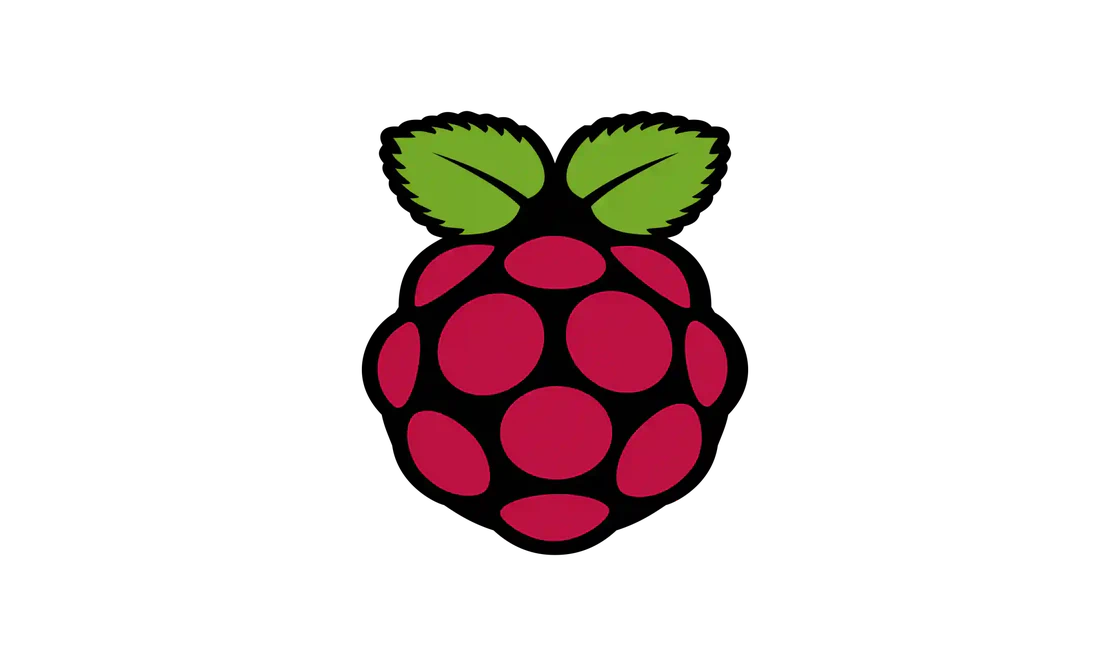
International Women's Day - Why I wear Yocto Shirts on the Embedded World Exhibition
- Anna-Lena Marx
- Personal , Embedded
- March 8, 2024
Today, on the occasion of International Women’s Day, I’d like to give you an insight on working in Embedded as a woman: Why I’m searching for my best Yocto shirt and the nerdiest hoodie when I’m visiting the Embedded World exhibition.
Let’s go back some years to one of my first Embedded World visits. I was still a student doing my master’s degree in Embedded Systems. EW traditionally invites embedded students from all over Germany and adjacent countries on the third day, the student’s day. Together with some of my fellow students, I joined the trip and was looking forward to seeing new trends, talking to people, but also getting an idea where to apply for a job after finishing. At the exhibition, I started exploring together with some peers. Of course, all male. When going through the exhibition and talking to the people at the booths, I quickly recognized a pattern. The staff talked rather to the boys than to me. Mostly not quite obvious and probably not even on purpose. I think it’s about internalized stereotypes. They probably do not think that much about it, but obviously I was not a technically competent conversational partner to them at first sight, even if I asked the questions. I was an addition, an accompanying person from university or marketing. Mostly it was rather subtle, and I did not recognize it that much as the problem it was in the actual moment. But at some point we reached the Intel booth. I asked a question on something I was really curious about, and the male staff member started explaining to me and the accompanying students. During his talk, he started turning more to the boys until he showed me his back. I got a bit angry and told him directly that I would really like to hear the answer to the question I asked. Ok, bad, but human. So why am I telling this, and why do I mention Intel? Because I believe particularly such large companies should sensitize their employees working on a booth.
But this was not a unique situation, nor was it rare or dependent on my professional level. Last year, we observed the same during the Embedded Linux Conference Europe, where I attended as a speaker. Each time I talk to new people at a booth, and I’m accompanied by a male co-worker, they rather try to talk to my co-workers than to me. As written, I do not think that’s on purpose, but it’s a learned stereotype.
As a result, I wear especially Yocto shirts at Embedded World. EW is business focused and there is no time to get to know each other. The first impression decides how people speak with me and thus, if the visit will be successful from this point of view. And this is where Yocto comes in. It is a name in our field. The people know it and get another initial picture of my person - a more technical one, besides it’s a starting point for discussions. Nevertheless, I need to prove my competence a lot more than my male co-workers to earn the same respect. There is less initial trust in women’s technical competences. And that’s the real problem.
Related Posts

Raspberry Pi für die professionelle Produktentwicklung - Eine gute Idee?
- Anna-Lena Marx
- May 10, 2022
- Embedded , Conferences
Maschinen und Geräte durch Vernetzung und Software aufzuwerten ist ein Kerngedanke des IoT. So werden die resultierenden Projekte häufig aus der Fachdomäne mit dem Wunsch nach schnellen und einfachen Erfolgen gestartet. Die Idee liegt dann nahe den beliebten Raspberry Pi als Basis zu nutzen. Das Gerät ist ja bekannt, fast alles wurde schon einmal von irgendwem gemacht und ins Netz gestellt. Klingt fast zu schön, um wahr zu sein - ist es auch aus professioneller Sicht. Die Gründe hierfür und welche Faktoren bei der Entscheidung für eine Hard- und Software-Plattform als Basis für ein IoT Produkt berücksichtigen werden sollten, sind Inhalt des Vortrags.
Read Post
Embedded World 2024
- Anna-Lena Marx
- April 24, 2024
- Embedded
While I’m a regular visitor of the Embedded World Exhibition, this year was different. I had not only a more business-focused visit with lots of meetings with old and new partners and customers, but I also had the chance to serve rather spontaneously as a speaker, or better “Table Captain,” at the second edition of Embedded World’s women networking event #women4ew. Thus, I want to recap both parts separately and make a reference to what changed in contrast to my experiences outlined in the recently published post on International Women’s Day.
Read Post
USB Updates - Challenges, Approaches and Practical Tips
- Anna-Lena Marx
- February 24, 2024
- Embedded , Conferences
Over-the-air updates have established themselves as the standard for networked devices, but the effort involved in operating the server side is not always commensurate with the benefits. In such cases, the supposedly simple and quick solution of implementing updates via USB is often chosen. But is it really always that uncomplicated? What considerations are necessary to implement USB updates effectively?
This presentation provides an insight into the challenges of USB updates and presents solutions and practical tips for successful implementation. Find out which aspects need to be considered in order to optimize USB updates and ensure a smooth process
Read Post